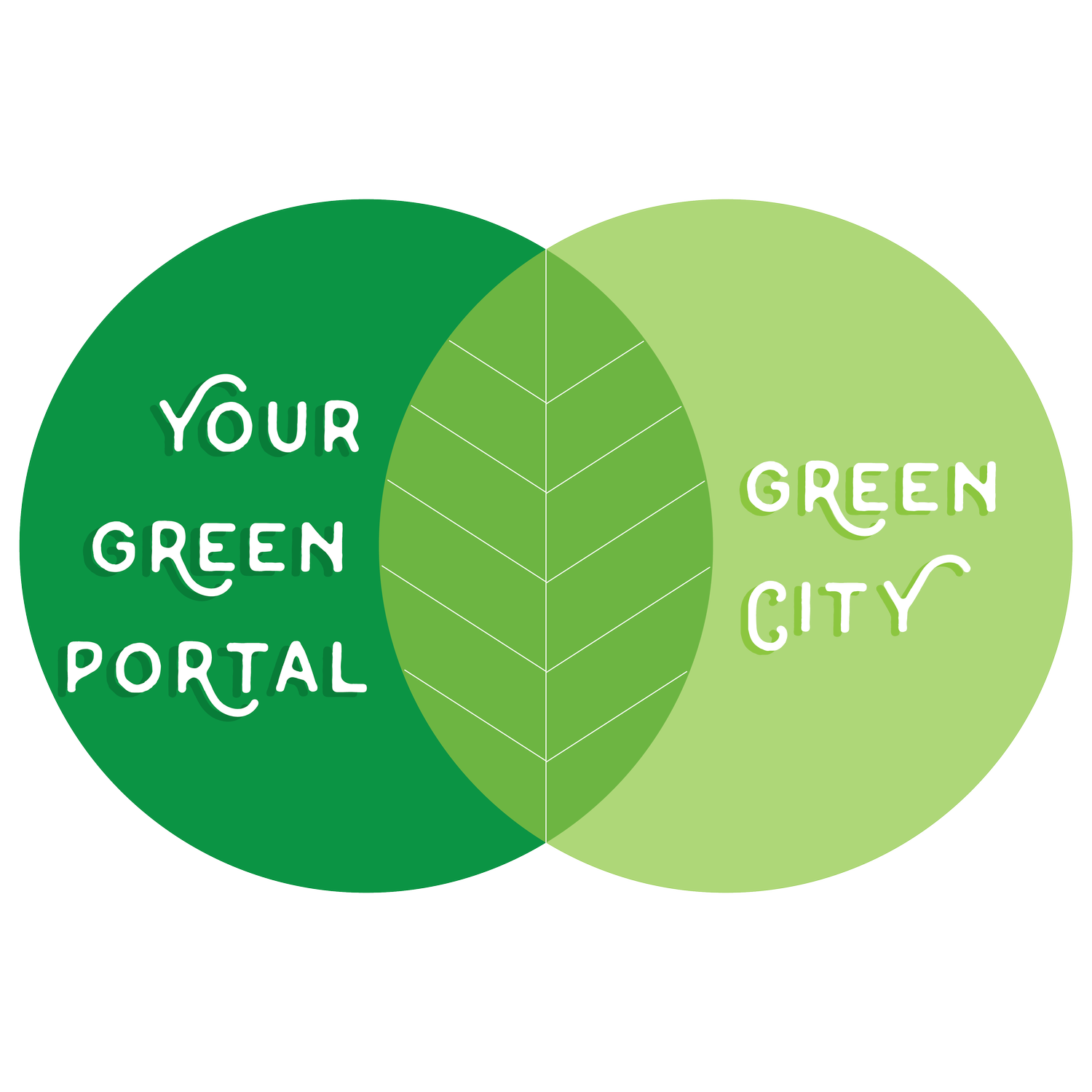We continue our series on water with our second show focused on the impact water has on our economy.
In this four-part series, we are holding discussions on the many essential aspects and impacts of this limited resource that we critically depend on for life! Alicia Vasto, water program associate director for the Iowa Environmental Council is my co-host for this series.
Joining us today to talk about water and the economy is Dr. Silvia Secchi, professor in the Department of Geographical and Sustainability Sciences and a senior research fellow with the Public Policy Center at the University of Iowa.
According to a 2019 World Bank report, published in the United Nations News titled ‘Invisible’ crisis of water quality threatens human and environmental well-being, “Deteriorating water quality worldwide is slashing the economic potential of heavily polluted areas. . . . The report argues that without urgent action, water quality will continue to deteriorate, impacting human health, massively reducing food production, and, consequently, stalling economic progress.”
The Iowa Environmental Council is a leading collaborative organization focused on water quality and land stewardship who advocates for “strong standards and goals that strengthen Iowa’s environment, economy, communities, health, and quality of life.”
Trained as a natural resource economist, Dr. Secchi has been focused on the Mississippi River Basin for years and as she states, “studying multiple aspects of the complex relationship between humans and the Great River has given me a very rich lens through which to learn, research, and teach a system approach to address environmental problems.”
Today’s discussion was a critical one and now is the time to seek dialogue with anyone and everyone on how important water quality is to the long term environmental and economic health of our state, our country, and our world.
Key Takeaways from our discussion:
- We have powerful interests that benefit from a distorted narrative surrounding the health of our water and environment and their impact on our economy
- In the interest of the public, we need to be willing to speak out and state what the science tells us
- Water quantity and clean water are non-market goods. We produce goods with water but we don’t take into account the cost of the water. All of us bear those costs in many ways, including from reduced recreational opportunities.
- There is a formidable disconnect with perception and reality when it comes to water quality in discussions with the agricultural community
- Some use the term ‘Cropaganda’ to describe less than honest discussions on the reality of the impacts of our current agricultural practices on the quality of our water in Iowa. We aren’t having a conversation regarding long-term economic sustainability when we have these discussions.
- Because we rely so heavily on subsidized federal support, it is propping up an unstainable system
- Currently tax payer money is spent to sustain the existing system and then tax payer money is used again to fix problems the current system creates environmentally and economically
- Concentrated Animal Feeding Operations (CAFO’s) are virtually unregulated in Iowa. We allow the operators of CAFO’s to impose the environmental costs on the rest of us.
- We currently don’t have a rural development strategy in Iowa.
“High quality water is more than the dream of the conservationists,
More than a political slogan;
High quality water,
In the right quantity at the right place
At the right time,
Is essential to health, recreation, and economic growth.”
~ Edmund Muskie
“We abuse land because we regard it as
A commodity belonging to us.
When we see land as a community
To which we belong,
We may begin to use it with love and respect.”
~Aldo Leopold
Thank you for listening to today’s discussion. Let’s continue the conversation and learn from each other.


